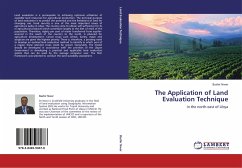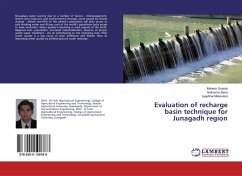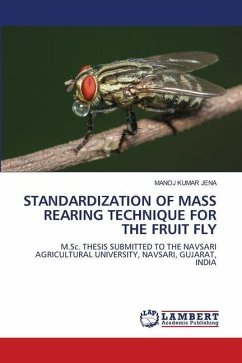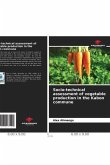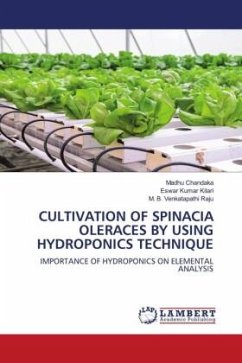Land evaluation is a prerequisite to achieving optimum utilisation of available land resources for agricultural production. The principal purpose of land evaluation is to predict the potential and the limitations of land for changing use. Food security is one of the most important issues of agriculture policy in Libya. The country aims to obtain self sufficiency for its in agricultural products which contribute largely to the diet of most of the population. Therefore, eighty per cent of water transferred from aquifer sourced in the south of the country to the north, is planned for agriculture development. Cereal crops such wheat, barley, maize and sorghum are given the highest priority. There is, therefore, a pressing need to develop an optimal land evaluation method to identify in which part of a region these selected crops could be grown favourably. The model should be developed in accordance with the priorities of the Libyan Government in developing a practical and applicable land evaluation system that can be used by the average computer user. The FAO Framework was selected to conduct the land suitability assessment.
Bitte wählen Sie Ihr Anliegen aus.
Rechnungen
Retourenschein anfordern
Bestellstatus
Storno

